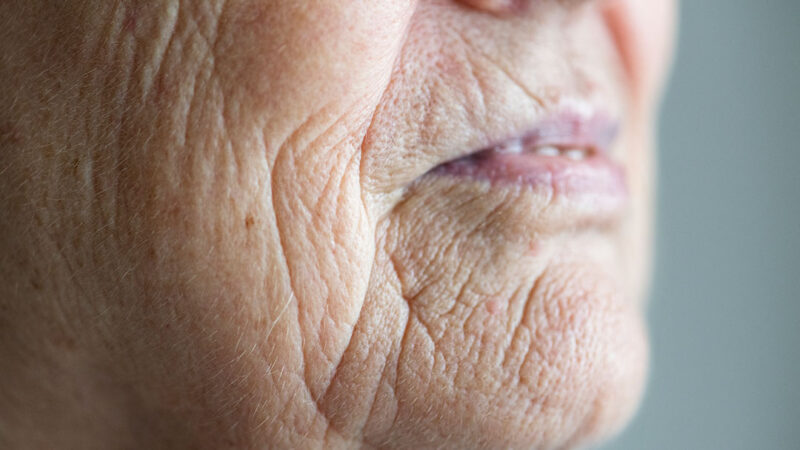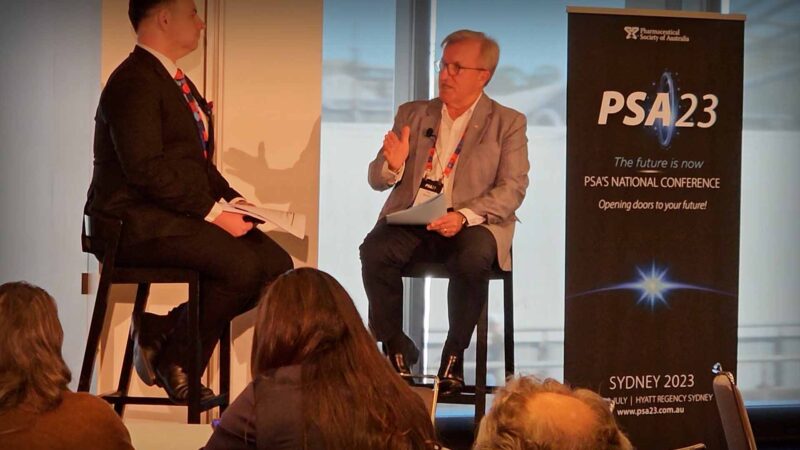PATIENT-PARAMEDIC TRUST CAN HELP FREE UP EMERGENCY DEPARTMENTS
Dr Robbie King,
Senior Advanced Care Paramedic/Community Paramedic,
Sunshine Coast District, Birtinya Station, Queensland Ambulance Service &
Lecturer & Researcher (Paramedicine), Australian Catholic University (ACU)
PEOPLE IN HEALTH CARE SEGMENT
Filmed in Brisbane, Queensland | December 2024
Dr. Robbie King is a Senior Advanced Care Paramedic with the Queensland Ambulance Service and a community paramedic. He is also a lecturer at the Australian Catholic University in Brisbane. After studying paramedicine and working as a student paramedic since 2009, he recognised that most patients attended by ambulance services did not require emergency interventions.
About a decade ago, Queensland Ambulance implemented the Local Area Assessment and Referral Unit, a community paramedic program. In his role at Queensland Ambulance Service, Dr. King has spent the past six years focusing on patients who may not need traditional emergency responses. His work involves performing enhanced assessments to understand patients’ psychosocial needs and determining appropriate healthcare pathways.
Dr. King’s PhD research consisted of quantitative and qualitative studies. The quantitative study analysed data from 1.5 million people who contacted New South Wales Ambulance Service, revealing that 12.6% were not transported to emergency departments. Notably, around 43% received emergency responses, yet many were found simply in need of reassurance.
The qualitative study involved interviews with 21 subjects from various regions, leading to the development of a theory centred on self-efficacy. The findings indicated that patients often experienced a loss of independence but gained self-reliance and confidence through compassionate, competent care from paramedics, allowing them to better manage their circumstances after the paramedics left.
Australian Health Journal spoke with Dr Robbie King earlier this year on his findings and what it could mean for paramedicine policy, education and practice.
You Might also like
-
Prioritising Oral Health in Aged Care and Disability Support
Leonie Short is a Dental Practitioner and Dental Therapist. She started working as a dental therapist in Rural NSW and then moved into being an academic and researcher. Through her career, Leonie has worked at 6 universities across New South Wales and Queensland, and remaining community focused.
Leonie’s mission is to have improved oral health experiences and outcomes, however she recognises, the health system really needs to work hard to make it happen and for people to understand why it needs to be a priority.
-
Foundation outlines breast cancer research strategy
Australian Health Journal met with Associate Professor Cleola Anderiesz, CEO of the National Breast Cancer Foundation to hear of the new 5 year Pink Horizon research strategy. Those with lived experience of breast cancer, along with researchers, clinicians, and other funding organisations, have contributed to the development of the foundation’s new five-year Pink Horizon research strategy. This ambitious plan aims to invest $125 million to accelerate research efforts towards the vision of ending deaths from breast cancer.
-
Addressing Pharmacy challenges at home and abroad
Paul Sinclair’s progression through the ranks of the International Pharmaceutical Federation (FIP) demonstrates the impact and influence he’s had in representing the pharmacy profession on a global scale. In this Australian Health Journal interview, Paul talks about the 4 themes in the upcoming FIP Congress in Brisbane this month. He also talks about the challenges facing pharmacy with remuneration, professional service delivery and the workforce coming out of the COVID era.



